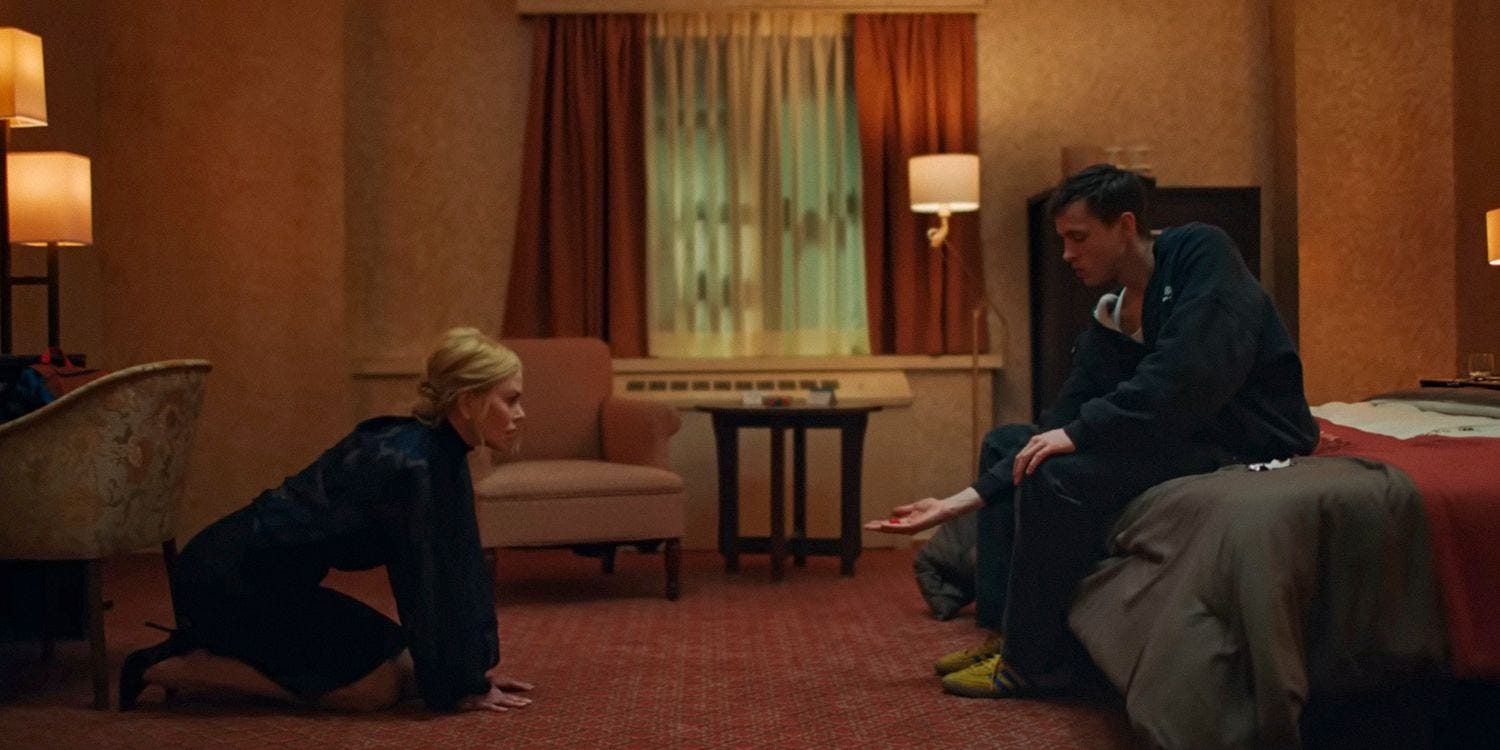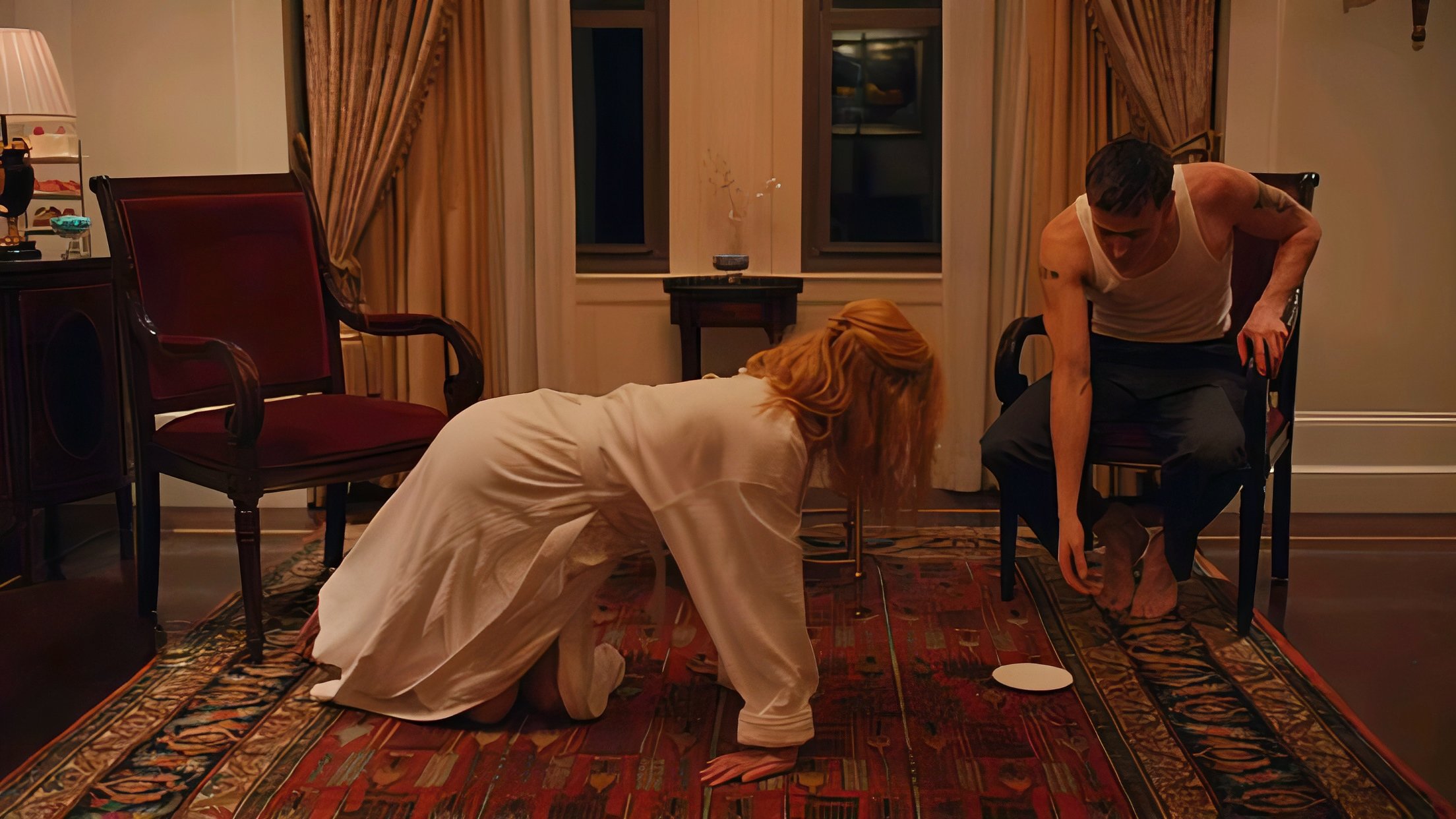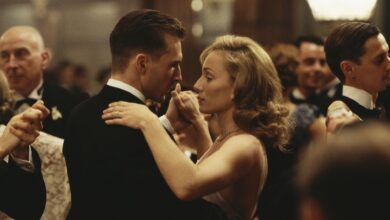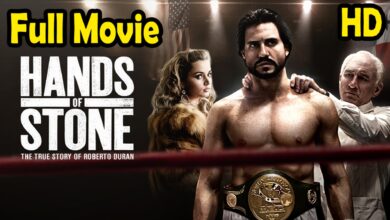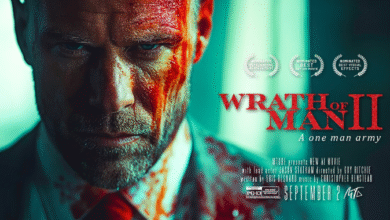Babygirl (2024): Power, Submission, and the Psychology of Desire
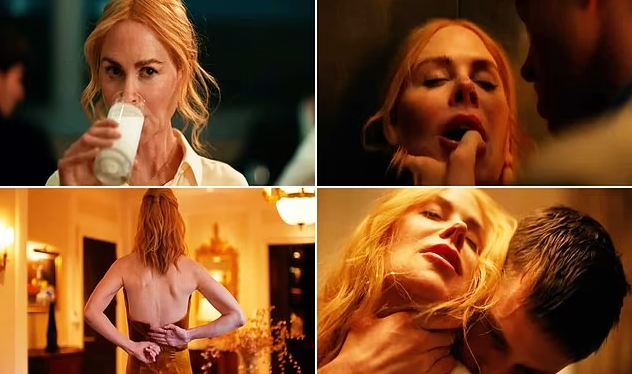
1. A Reactor for the Age of Control
Babygirl is a provocative and emotionally raw exploration of power, submission, and the hidden layers of identity. Directed by Halina Reijn, the film introduces us to Romy Mathis, a commanding CEO of a robotics firm in New York City, played with both ice and fire by Nicole Kidman. On the surface, Romy is in total control—flawlessly dressed, respected, and seemingly fulfilled. But behind the polished exterior lies a woman battling a silent hunger.
The film opens boldly with a glimpse into Romy’s private life: moments after an intense sexual encounter with her husband, she retreats—not for rest, but to secretly watch BDSM videos. It is a moment that sets the tone for the entire film: one of contrast, contradiction, and deep emotional excavation. Romy is not looking for chaos. She’s searching for a kind of surrender—an escape from the exhausting performance of perfection.
2. Samuel: The Catalyst and the Mirror
The story intensifies with the arrival of Samuel, a new intern in his twenties, played with unnerving calm and calculated charm by Harris Dickinson. Samuel doesn’t behave like a subordinate. He observes Romy, challenges her routines, and speaks to her with a confidence that borders on dominance. Their first exchange—about the timing of her coffee—already shifts the power dynamic. He’s not there to please. He’s there to expose.
Samuel senses Romy’s craving for vulnerability, and what begins as subtle tension escalates into psychological seduction. From whispered commands to acts of playful humiliation, he leads her deeper into role-play scenarios that blur fantasy and reality. The private becomes performative. The CEO becomes the “babygirl.” It’s not just sexual—it’s symbolic. Samuel becomes a mirror, reflecting all that Romy has buried.
3. Performances That Burn With Intelligence
Nicole Kidman’s performance in Babygirl is a revelation. She masterfully conveys the friction between external control and internal collapse. Her portrayal of Romy is both clinical and chaotic, a woman grappling with the cost of maintaining power in a world that demands it from her every moment. She lets go with elegance and devastation.
Harris Dickinson matches her intensity with subtle menace. He’s not a caricature of youth or masculinity—he’s poised, intelligent, and emotionally ambiguous. Is he manipulative or simply present? Is he dangerous or liberating? The film leaves these questions deliberately unanswered, allowing their chemistry to sizzle with moral complexity.
4. Ethics in the Grey Zone
Babygirl refuses to take easy positions. It doesn’t condemn or celebrate Romy’s choices. It simply shows them—unflinching, uncomfortable, and nuanced. The film doesn’t play by conventional power dynamics. Romy is older, wealthier, and legally in charge. But emotionally, the structure flips. Samuel’s power lies in his ability to sense her truth—and exploit it, gently but firmly.
This is not a story of abuse, but of exploration. Romy is not manipulated into submission; she walks toward it. But with each step, her public life begins to fracture: her marriage trembles, her career is threatened, and her carefully built image begins to dissolve. The tension comes not from scandal, but from the question: what happens when a woman stops pretending to be in control?
5. Desire as Disruption
Visually, Babygirl is striking—cool lighting, glass interiors, and intimate close-ups that invade the characters’ emotional space. The soundtrack pulses with sensuality and suspense. Moments of silence are used to devastating effect, especially in the aftermath of erotic encounters. The film dares to take its time, to linger on emotion without apology.
But what makes Babygirl special is its willingness to explore female desire without fear. Romy is 57, powerful, and still allowed to ache, crave, and transform. The film doesn’t ask you to like her or judge her—it asks you to understand her. And in doing so, it challenges the audience to reconsider the boundaries of control, femininity, and freedom.
Conclusion: More Than a Kinky Thriller
Babygirl may appear, at first glance, to be just another provocative age-gap romance. But beneath its sexual charge is a story about identity, autonomy, and the unspoken cost of being in control for too long. It is a film that stirs discomfort because it tells the truth: that desire can be a form of rebellion, and surrender can be a kind of power.
In the hands of a lesser director, it could’ve veered into exploitation or cliché. But Halina Reijn crafts it with intelligence, restraint, and deep emotional insight. And with Nicole Kidman at the center, the film becomes not just daring—but unforgettable.


